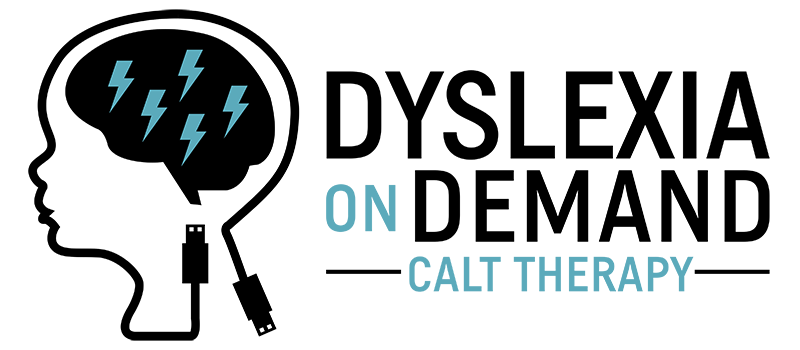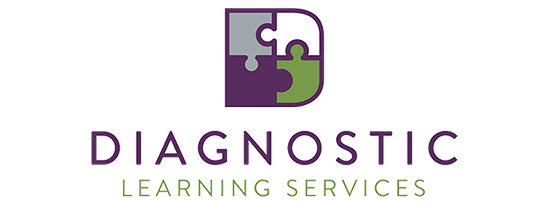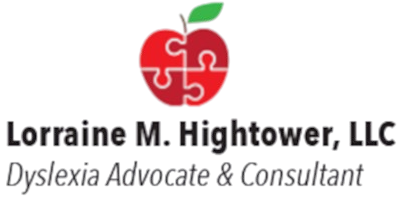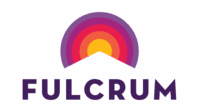
Can My Child Overcome Dyslexia?
Executive Summary:
Dyslexia isn’t something to “overcome” but to understand and manage with the right support. Through evidence-based dyslexia therapy, students can build new neural pathways that strengthen reading, writing, and confidence—proving that the dyslexic brain can thrive with the right tools and guidance.
When a child receives a dyslexia diagnosis, it can inspire parents to learn more about the dyslexic brain. The dyslexic brain is fascinating. It works differently than a neurotypical brain, which creates the potential for a number of different strengths such as visual-spatial intelligence, problem solving, and all kinds of creativity.
At some point in their journey to learn more about dyslexia, parents will often wonder whether or not their child can overcome dyslexia. When it comes to this specific learning disability, it’s not a matter of overcoming it; however, families can work with highly trained experts to work on creating new neural pathways in the brain for students with dyslexia to overcome the language processing challenge of dyslexia. This can be truly life-changing when it comes to how a student approaches writing, reading, and learning.
For decades, dyslexia therapy has been helping to create real changes for students with dyslexia. To help students overcome their language processing struggles with dyslexia, Dyslexia on Demand employs trusted experts who implement tailored programs. If you find yourself asking: Can my child overcome dyslexia?—Read on to learn more about the ways that dyslexia therapy can help.
Get to know the dyslexic brain. To simplify: A neurotypical brain ideally uses three parts of the brain to complete the reading process successfully. For the dyslexic brain, just one of these three parts functions for the process of reading. A person with dyslexia is working with only one part of his or her brain to read, and it just so happens that it’s not the right part for reading. The aim of dyslexia therapy is to ultimately get all three parts of the brain that are needed for reading to work in tandem. This is something that is achievable, and through sessions of dyslexia therapy, it’s done using a highly researched, trusted technique.
Learn more about dyslexia and the learning process. When a student has dyslexia, he or she may struggle with all of the sub-skills that are needed for reading and writing acquisition. These skills can include hearing sounds, segmenting sounds, manipulating sounds, and recognizing letter patterning. When a person with a dyslexic brain is reading, they’re doing what is known as compensated reading; this means that students with dyslexia often read based on context and memorization. This can overtax the working memory of a reader with dyslexia, which can lead to issues with comprehension. At Dyslexia on Demand, we work to help students to achieve skills that provide more than just compensated reading. Our curriculum can be tailored to the child’s specific needs, helping to gain the skills needed to read and write more fluently.
Make a mindset shift. Because dyslexia is a lifelong condition, it is important not to view it as something to be cured. Dyslexia interventions and therapies cannot eliminate neurological differences. However, dyslexia is something that can be helped with the right kinds of support like dyslexia therapy. Students with dyslexia can learn to read and write more effectively and efficiently. With the right help, they can succeed in school and beyond.
Find the right tools. As a parent, it can be hard to decide how to approach your student’s dyslexia. Know that there are steps you can take that will be beneficial to your child.
- Early intervention can be crucial. When a child receives specialized instruction early on, he or she can work to develop strong reading skills. Having a dyslexia diagnosis during early elementary years can help with getting timely interventions in place.
- Trusted methods are essential. At Dyslexia on Demand, we use an Orton-Gillingham-based dyslexia intervention program that provides a diagnostic, explicit, systematic multisensory structured language approach. This builds a high degree of accuracy, knowledge and independence for dyslexic students.
- Accommodations and assistive tech are helpful. It is important to know what kind of things can be used in your student’s classroom to help them during the school day. Accommodations such as extended time on tests and assignments can be implemented, as can the use of text-to-speech or speech-to-text software.
Build your own support team. Living with dyslexia can present challenges that aren’t just academic. Students may experience feelings of frustration or low self-esteem. When you work with the experts at Dyslexia on Demand, know that you are building a team of experts that are highly trained in dyslexia therapy and experienced with working closely with students with dyslexia as they navigate academics and the real world. Dyslexia on Demand’s programs use Certified Academic Language Therapists to lead one-on-one sessions of dyslexia therapy. This kind of one-on-one approach helps us to tailor our therapeutic program to the specific needs of each student. With Dyslexia on Demand, you have a CALT on your dyslexia support team; we also offer mental health support groups with a professional to discuss the social-emotional aspects of dyslexia.
Know that dyslexia therapy can be life-changing. Students with dyslexia can thrive with the right support and interventions. Reach out to Dyslexia on Demand to get the help your child needs.
FAQs
1. Can dyslexia be cured?
No, dyslexia is a lifelong neurological difference, not a condition that can be cured. However, with structured, multisensory therapy like that offered by Dyslexia on Demand, students can learn effective strategies to read and write successfully.
2. How does dyslexia therapy help the brain?
Therapy helps activate the three key areas of the brain involved in reading, creating stronger connections between them. This process improves decoding, fluency, and comprehension skills over time.
3. Why is early intervention so important?
Starting therapy early gives children the best chance to develop foundational reading skills and confidence before frustration or academic struggles set in. Dyslexia on Demand provides tailored support for learners of all ages, starting as early as elementary school.
References
Eden, Guinevere F., Karen M. Jones, Katherine Cappell, Lynn Gareau, Frank B. Wood, Thomas A. Zeffiro, Nicole A. E. Dietz, John A. Agnew, and D. Lynn Flowers. “Neural Changes Following Remediation in Adult Developmental Dyslexia.” Neuron, vol. 44, no. 3, 2004, pp. 411–22. Elsevier, doi:10.1016/j.neuron.2004.10.019.
Kearns, Devin M., Guinevere F. Eden, Fumiko Hoeft, Robert Hancock, Jack M. Fletcher, and Susan J. Frost. “The Neurobiology of Dyslexia.” Teaching Exceptional Children, vol. 51, no. 3, 2018, pp. 178–88.
Krafnick, Alan J., Emily M. Napoliello, D. Lynn Flowers, and Guinevere F. Eden. “The Role of Brain Activity in Characterizing Successful Reading Intervention in Children With Dyslexia.” Frontiers in Neuroscience, vol. 16, 13 June 2022, article 898661. Frontiers, doi:10.3389/fnins.2022.898661.
Munzer, T., K. Hussain, and N. Soares. “Dyslexia: Neurobiology, Clinical Features, Evaluation and Management.” Translational Pediatrics, vol. 9, suppl. 1, Feb. 2020, pp. S36–45. AME Publishing Company, doi:10.21037/tp.2019.09.07.
Simos, P. G., J. M. Fletcher, E. Bergman, J. I. Breier, B. R. Foorman, E. M. Castillo, R. N. Davis, M. Fitzgerald, and A. C. Papanicolaou. “Dyslexia-Specific Brain Activation Profile Becomes Normal Following Successful Remedial Training.” Neurology, vol. 58, no. 8, 23 Apr. 2002, pp. 1203–13. American Academy of Neurology, doi:10.1212/WNL.58.8.1203.
Temple, Elise, Gayle K. Deutsch, Russell A. Poldrack, William D. Miller, J. Christopher Tallal, and John D. E. Gabrieli. “Neural Deficits in Children with Dyslexia Ameliorated by Behavioral Remediation: Evidence from Functional MRI.” Proceedings of the National Academy of Sciences of the United States of America, vol. 100, no. 5, 25 Feb. 2003, pp. 2860–65. National Academy of Sciences, doi:10.1073/pnas.0030098100.












